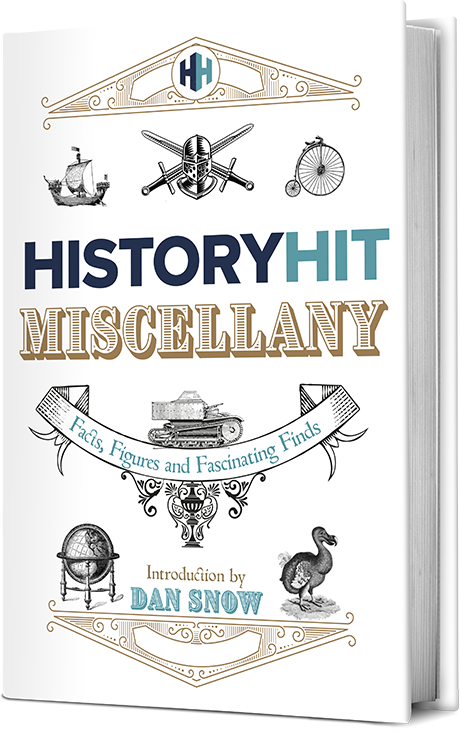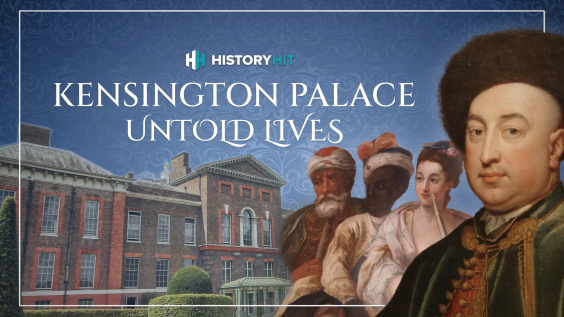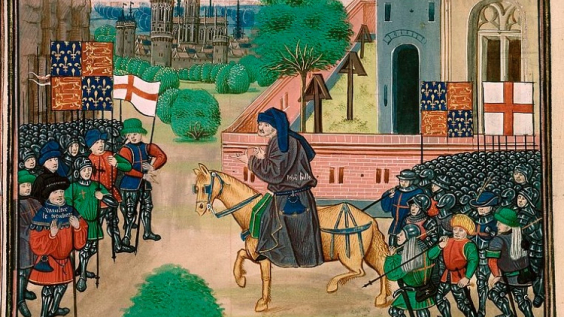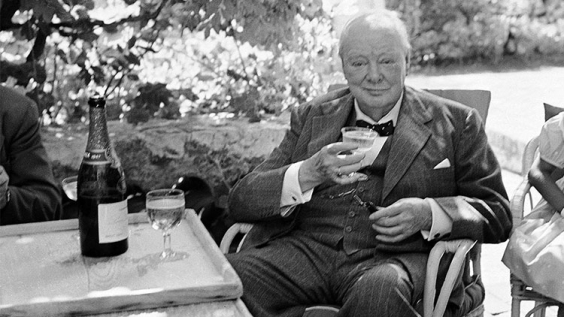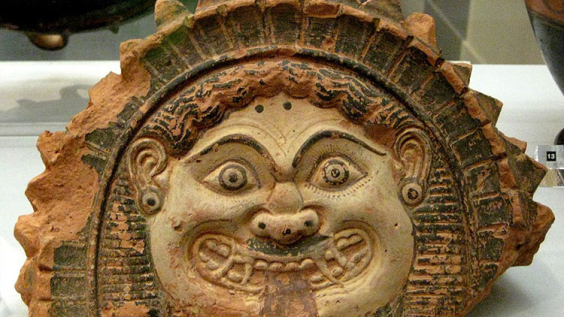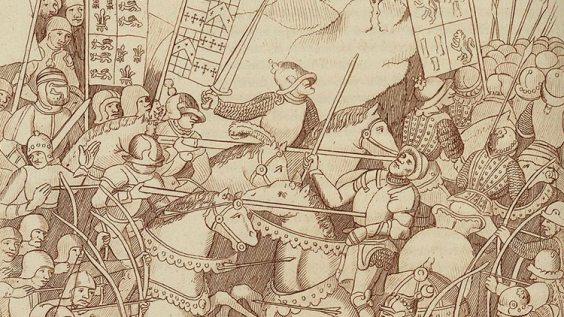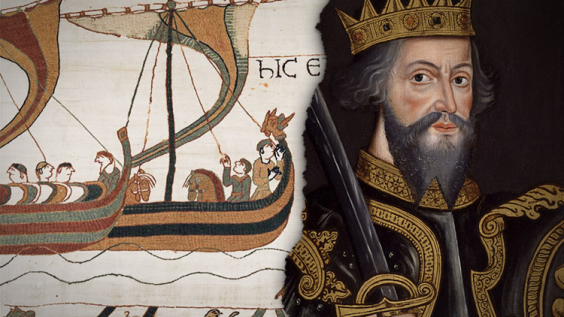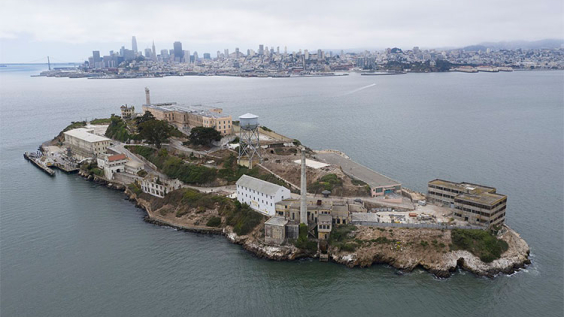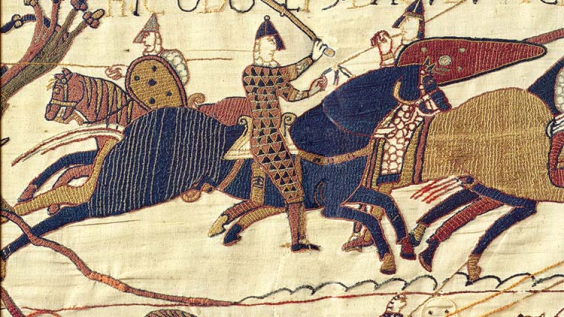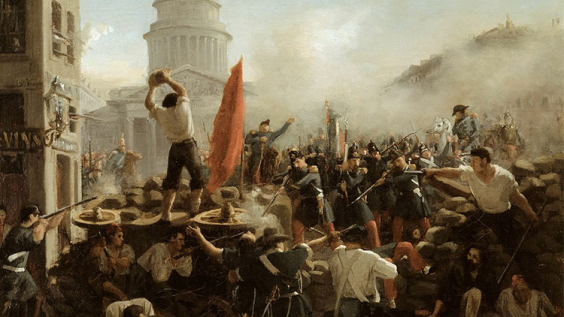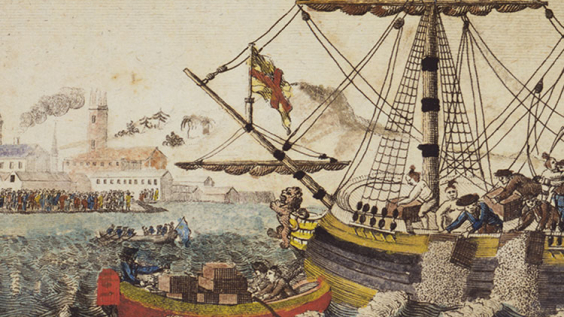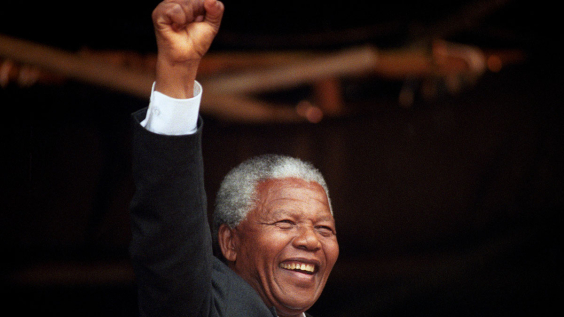
William the Conqueror’s invasion of England is unavoidable in any five-minute history of the country, but what is little-known is that Prince Louis of France almost matched his predecessor 150 years later.
The Prince’s invasion claimed almost half of the country, including London, and only the brilliance of the King’s Regent William Marshal preserved the kingdom of England for centuries to come at the decisive battle of Lincoln.
Strangely enough, the invasion actually began with that very English document – the Magna Carta. By June 1215, when it was signed by King John, the reigning monarch had already lost all of his father’s land in France and alienated the Barons, leading to him being humiliatingly forced to sign this document limiting his power.
 Watch Now
Watch Now
The beginning of the war
Just months later, however, John’s failure to keep to the Magna Carta had caused uproar amongst his powerful Lords and what is known as the First Barons War had begun.
A rebellion of the nobility in 1215 was even more serious for the reigning monarch than it might sound, for the feudal system of the day meant that he relied upon these men to keep his power.
Each of them was, in essence, a mini-King, with their own proud lineages, private armies and almost limitless authority over their domains. Without them, John could not wage war effectively or keep any control over his country, and the situation was quickly desperate.
However, England was a country that needed a new king for the Barons to have any legitimacy in trying to depose John, and so they turned to Louis, son of the King of France – whose military prowess had earned him the title “the Lion”.

British school portrait of King John. Image credit: National Trust / CC.
In those years, just 150 after Saxon England had been conquered by Norman invaders, inviting the French royal family over to rule would not have been seen as the same traitorous action as it would have been in later centuries.
The ruling nobility of both England and France spoke French, had French names, and often shared bloodlines, meaning that the two countries were more interchangeable than they would be at any other point in history.
Louis was initially hesitant about getting involved in an English Civil War, and only sent over a detachment of knights, but soon changed his mind and set off himself with a powerful army in May 1216.
Now heavily outnumbered, John had little choice but to flee to the old Saxon capital of Winchester, leaving the road to London open for Louis’ army.
Louis quickly entrenched himself in the capital, where many rebel leaders – including the King of Scotland – came to pay homage and proclaim him King of England in St Paul’s Cathedral.
Sensing the turning of the tide, many of John’s remaining supporters defected and joined Louis, who had taken Winchester by the end of June and forced the King to flee north. By the late summer, the entire south-eastern half of England was under French occupation.
Turning of the tide
Two events in the latter months of 1216 helped raise some hope for the loyalists, however. The first was the survival of Dover Castle. Louis’ father, the King of France, was taking a dispassionate interest in the struggle across the channel, and wrote to his son mocking him for taking all of the south-east except its most important port.
In July the Prince arrived at the castle, but its well-supplied and determined garrison resisted all his efforts to take it by force over the coming months, while the county squire William of Cassingham raised a force of rebel archers to harass Louis’ besieging forces.
By October, the Prince had given up and returned to London, and with Dover still loyal to John, French reinforcements would have a much harder time landing on English shores. The second event, later that month, was the death of King John, leaving his nine-year-old son Henry as sole heir.
The reign of Henry
The Barons realised that Henry would be much easier to control than the increasingly headstrong Louis, and their support for the French began to wane.
The new King’s regent, the formidable 70 year-old knight William Marshal, then rushed to have him crowned in Gloucester, and promised the wavering Barons that the Magna Carta would be adhered to, both by him and Henry when he came of age. After this, the war became a simpler matter of the mostly united English against the invading French.
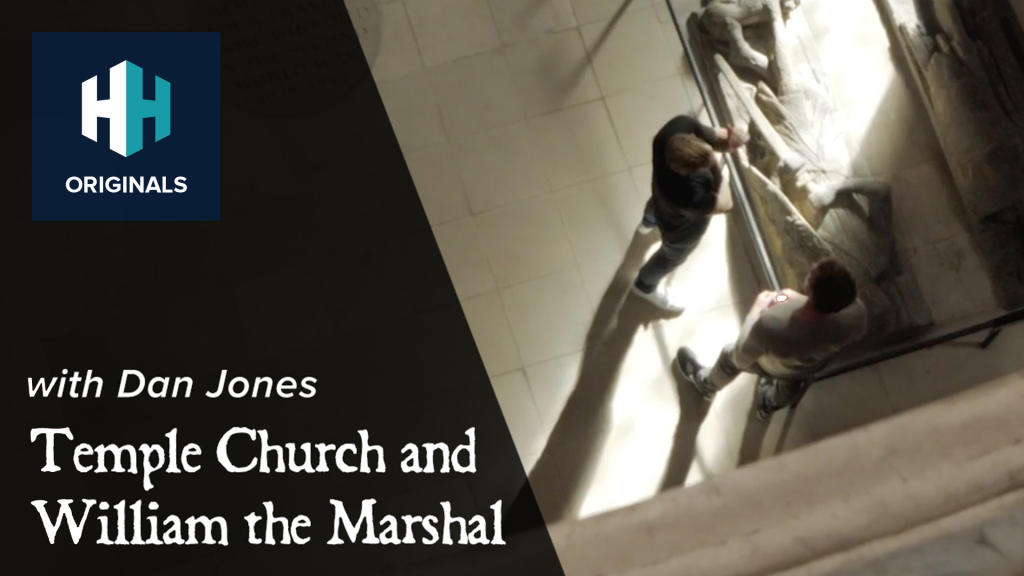 Watch Now
Watch NowLouis was not idle, meanwhile, and spent the first few weeks of 1217 in France gathering reinforcements, but more determined resistance to his rule – encouraged by the popular Marshal – whittled down at his army’s strength. Furious, he took half his army to besiege Dover again, and sent the other half to take the strategically important northern city of Lincoln.
The second Battle of Lincoln
A fortified town with a castle at its centre, Lincoln was a tough nut to crack, but the French forces – commanded by Thomas, Count of Perche – took all of the city quickly apart from the castle, which stubbornly held out.
Marshal was aware of these developments, and called for all the English Barons of the north to bring their men and gather at Newark, where he amassed a force of 400 knights, 250 crossbowmen, and an unknown number of regular infantry.

A 13th-century depiction of the Second Battle of Lincoln from Matthew Paris’ Chronica Majora. Image credit: Public Domain.
The Count of Perche decided that his best course of action would be to take Lincoln Castle and then hold out until Louis came to reinforce him, and therefore failed to meet Marshal on the battlefield. This was a grievous mistake, for he had overestimated the size of Marshal’s army.
The battle occurred on 20 May 1217. While Thomas’ forces continued to frenetically attack the castle, Marshal’s crossbowmen reached the city gate and took it with volleys of withering fire, before positioning themselves on rooftops and pouring shots down onto the besieging forces.
Caught between the hostile castle and Marshal’s charging knights and infantry, many were then slaughtered, including the Count. Thomas had been offered surrender, but had chosen to fight to the death instead, a brave decision that must have won the respect of the seasoned soldier Marshal.
 Listen Now
Listen Now
The royalists also managed to capture most of the English Barons still loyal to the Prince, guaranteeing that the new King Henry III would face less opposition when the war was over.
The few French survivors then fled south towards London, while Marshal’s victorious troops sacked the city for apparent loyalty to the Louis, in what became euphemistically known as “the Lincoln Fair.” Most of the escaped French never made it to their goal, as they were ambushed and massacred by angry villagers along their way.
Louis’ defeat
With half his army gone and Dover still resisting, Louis’ position became untenable. After two more reinforcement fleets were sunk at the sea battles of Dover and Sandwich, he was forced to leave London and give up his claim to the throne at the Treaty of Lambeth.
Marshal, meanwhile, died in 1219 after invaluable service to five different kings of England, and Henry would rule for another fifty years, surviving another Baron’s revolt in the 1260s.
Over the next few centuries, the result of the Battle of Lincoln would ensure that the character of England’s ruling elite would grow increasingly more Saxon, and less French; a process shown by King Henry naming his son and heir Edward, a royal English name as old as time.

